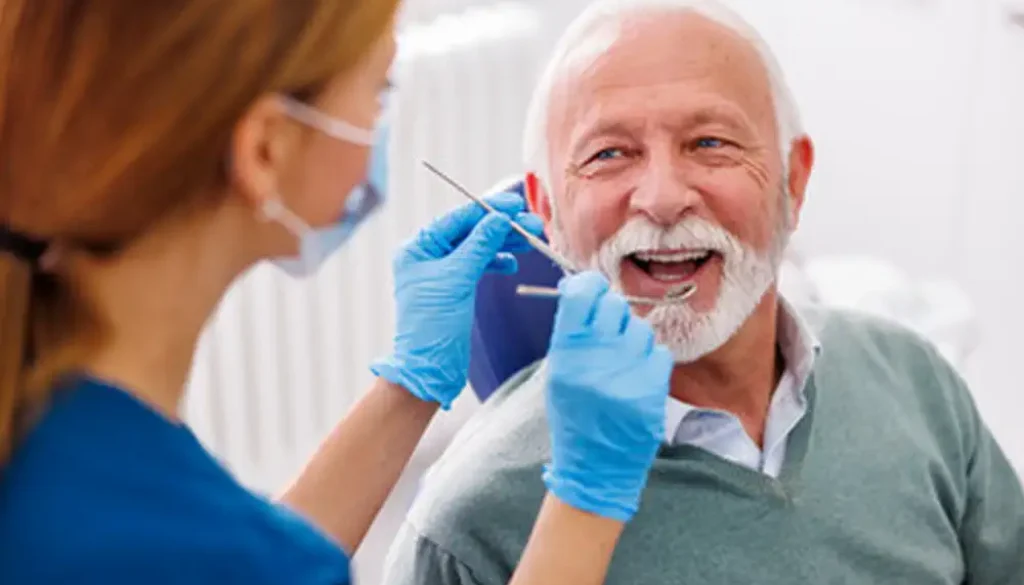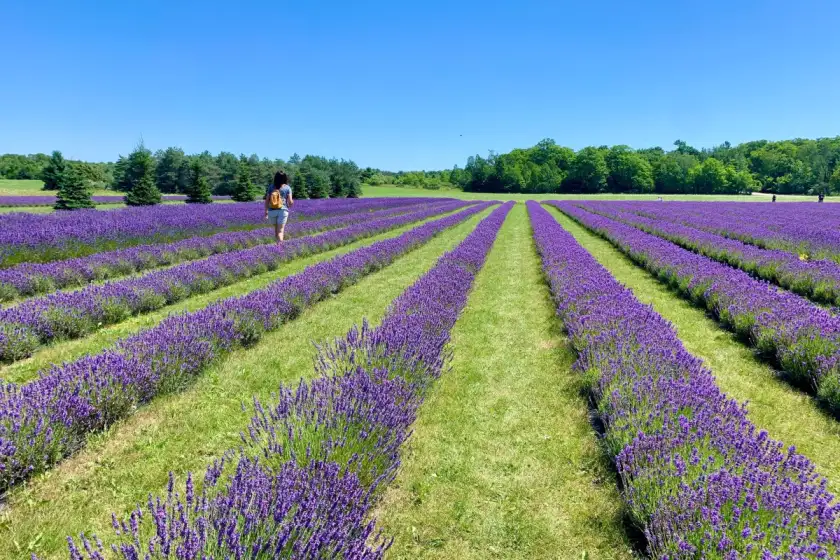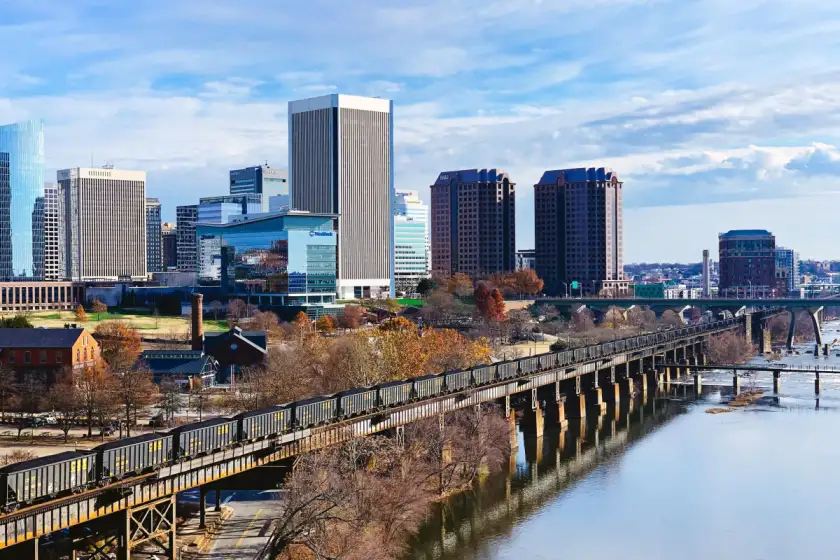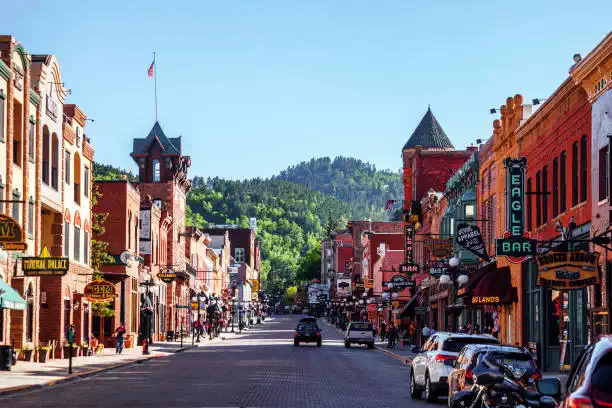Dental Grants in Montana
Last Updated on April 18, 2024 by Rachel
There are advantages and disadvantages of living in Montana. On the bright side, Montana lacks sales tax, has a reduced cost of living, and has low population density. Moreover, it has numerous outdoor activities, education opportunities, and high-technological advancements. It is an elderly-friendly state since it has well-known senior centers and Medicare units taking care of the overall health of older adults. All this makes Montana appealing to the elderly.
For the cons, there is a tax on retirement benefits, many underdeveloped rural areas lack essential amenities, and winters may get brutal, especially for older citizens without alternative heating options. The rural nature of the state has made the well-being of seniors the responsibility of the neighborhood. Local, state, and federal governments, charities, and other organizations are also part of the neighborhood, providing different resources to seniors.
Are Dental Grants Legit in Montana?
Oral health plays a significant role in the overall health of senior citizens. Dental diseases affecting older Montanans include tooth decay, gum diseases, dry mouth, and oral cancers. In 2017, statistics showed that less educated and low-income Montanans did not utilize dental care services as often as their counterparts, but they were burdened more by dental-related conditions. In 2028, 14% of elderly aged 18-64 lost all their teeth to decay or periodontal diseases. In 2019, 79% of counties in Montana were reported to experience a shortage of dental professionals.
These numbers proved the rising need for dental interventions that ease the burden of oral disease on undeserving areas. Montana Dental Association, Dental Lifeline Network, Montana Board of Dentistry, and American Dental Association fund projects providing dental care services for free or at reduced rates.
How to Get Financial Help for Dental in Montana
The various groups offer dental grants to programs with similar goals and objectives. They set eligibility criteria that have to be met for one to qualify for financial assistance. Dental Lifeline Networks’ program, Donated Dental Services, provides grants to programs that serve individuals who meet either one of the below:
- Need comprehensive treatments, more than dental examinations and check-ups
- Lack of any other means of receiving dental treatments
- Have permanent mental or physical disabilities
- Seniors above 65 years and are unable to work
For more information on the services offered by this program or the application process, visit the Dental Lifeline Networks’ website. Due to the long waiting lists, the DDS does not provide cosmetic or emergency dental treatments.
Dental Grants: These dental grants promote the oral health of individuals in disadvantaged areas who lack access to affordable dental treatments. They are used to fund projects that increase accessibility to dental care services, offer scholarships to students interested in dentistry-related courses, and create awareness of the prevention of dental diseases through mass education on dental hygiene and healthy oral health practices.
Cosmetic Dental Grants: Cosmetic dental grants cover procedures including Invisalign, veneers, whitening, dentures, crowns, etc. Not all dental grants cover cosmetic procedures, so ensure you get the go-ahead from your volunteer dentist before commencing treatment.
Dental Implant Grants: Loss of teeth has adverse effects on one’s nutritional intake. Dental implants are a worthy investment to ensure proper nutrition choices and food intake in adults. These treatments are expensive for retirees who have little or no active income. Dental implant grants provide low-income earners with the chance to receive these treatments.
Free Dental Implant Clinical Trials: The free dental implant clinical trials test new drugs and treatments used in dental practices to confirm their safety and efficiency in treating dental diseases. Participation in these studies is voluntary. Only patients with specific dental conditions are qualified. Dental clinical trials provide an opportunity to receive dental implants for free or at discounted prices. Visit the National Institute for Dental and Craniofacial Research for more information on completed and ongoing dental clinical trials.
- Weighted Heated Blankets for Seniors
- Sunglasses for Seniors
- Dental Grants in Texas
- Grants for Seniors in Portland
- Help for Seniors in Hawaii
- Senior Centers in Louisiana
- Senior Statistics of New Hampshire
- Raised Toilet Seats for Seniors
- Federal Poverty Level (FPL) Monthly Calculator for Hawaii (2024 Updated)
- Grants for Seniors in Charlotte
Charities that Help with Dental Costs
Community Health Partners: The Community Health Partners are a group of volunteer dental professionals that offer emergency and extensive dental treatments like dental examinations, fluoride treatments, fillings, and cleanings. It runs several of clinics that provide first-come-first-served services to seniors.
Free or Low-Cost Dental Clinics in Montana
Dental clinics available in Montana are:
- Sliding Fee Scale Dental Clinics
- Non-profit Dental Clinics
- Low-cost dental clinics
- Free dental clinics
These clinics are funded by government agencies, not-for-profit organizations, and charities to run programs that provide high-quality and affordable dental care services to individuals who lack the means of paying for dental treatments. Some, although not all, of the clinics, are completely free.
- RiverStone Health Dental- Billings
- SH-Free Clinic- Whitefish
- Community Health Partners- Bozeman
- Alluvion Health Dental Clinic- Great Falls
- Dental Care of Montana- Missoula
Making a web search like “Free dental clinics near me” gives you a list which helps you locate the most affordable and nearest dental clinics for your dental care needs.
Does Medicare Pay for Dental Implants in Montana?
No, Medicare does not pay dental costs, including dental implants. When looking for the best Medicare plan for dental coverage, Medicare Advantage Plans (Part C) is a good option. You will have to pay extra for it, and it has a maximum dental benefit amount. For seniors with recurring dental problems, speak to your local dentists for discounts since you are a regular client. Senior individuals can choose between Medicare and private health insurance as two different types of health insurance options. To make the best decision, it is important to evaluate your healthcare needs, financial resources, and personal preferences before choosing between the two.
Programs Helping with Teeth Cleaning, Fillings, Decays and Root Canal Costs
Donated Dental Services: DDS has 183 volunteer dentists and 43 labs, served over 1,500 patients, and provided $5.8 million in donated treatment since 1997. The program offers therapeutic and restorative dental services for free or at reduced rates.
Medicaid: Seniors with Standard Medicaid benefits have an annual $1,125 dental benefit amount that covers anesthesia, preventive services, and diagnoses. They are also entitled to dental cleanings and examinations every six months. There are other Medicaid services, other than dental, that are accessible to address the healthcare requirements of older population.
Financial Assistance
Supplemental Security Income is provided, by Social Security Administration, to seniors above 65 to help them meet their basic needs like housing, food, and clothing. The amount is based on an individual’s income and assets, exempting vehicles and houses. The stipend is dispensed monthly.
What Other Help Do Seniors In Montana Receive? Older adults in Montana receive food aid, home repairs, help to pay utility bills, transportation, grants for veterans, and health-related resources.
Numbers never lie. The oral health of seniors is promoted once there are interventions put in place that increase the accessibility of dental care services to the underprivileged. Since dental-related conditions in seniors are the norm, continuous funding of programs that prioritize oral health should be considered. Seniors in Montana might also look into other grants that fit to their requirements. Know more about Montana’s senior grants here.







